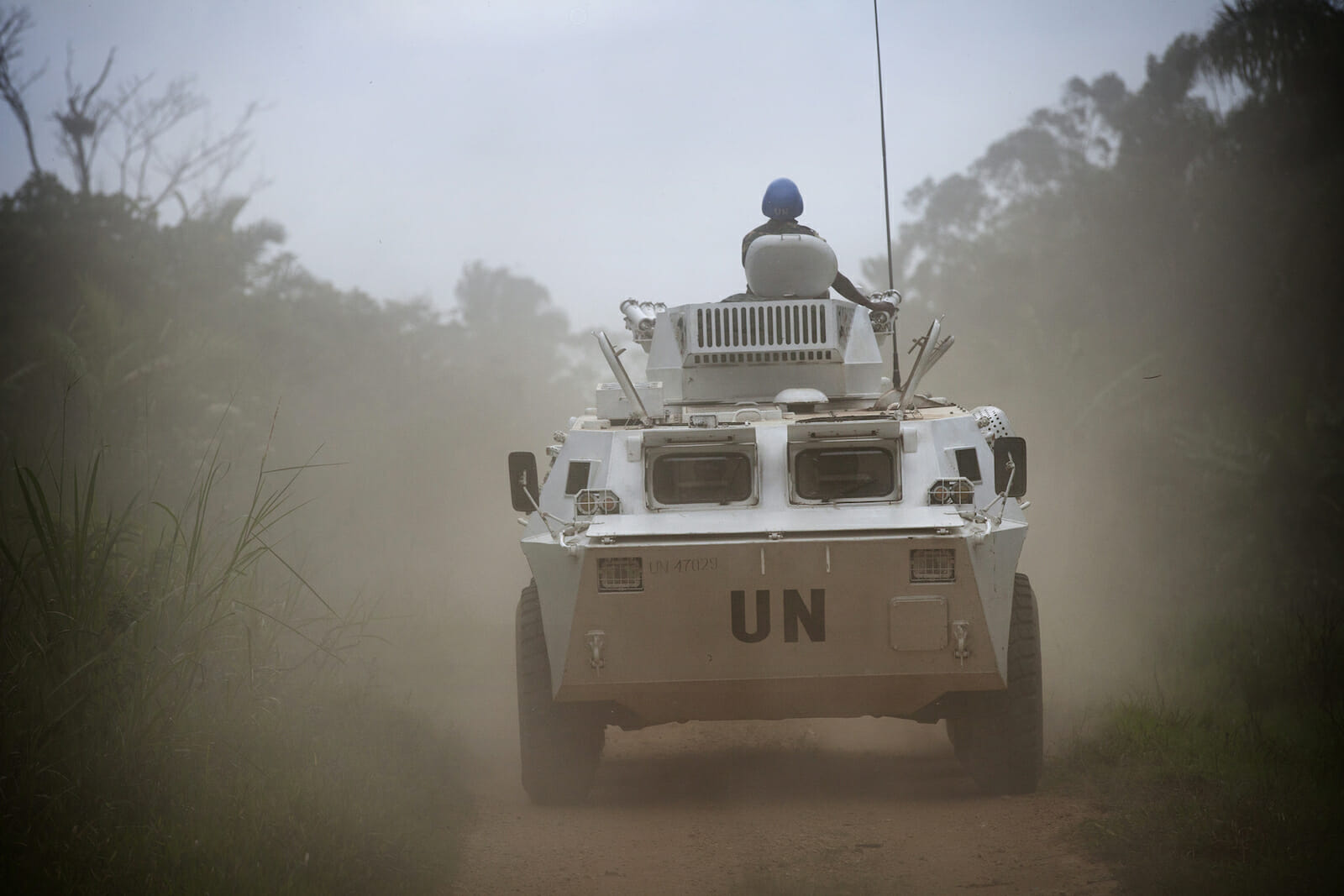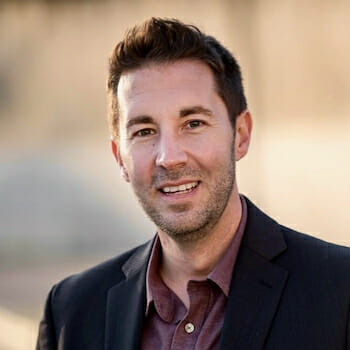
How UN Peacekeeping in the Eastern DRC Blurs the Line
United Nations Organization Stabilization Mission in the Democratic Republic of the Congo (MONUSCO) peacekeepers have been busy assisting the Congolese brigades over the past week in the fight against rebels known as M23 based in Bunagana. This comes at a crucial time, as the provincial capital of Goma, a military stronghold, may be overrun.
This military cooperation between UN troops and the DRC military, also known under the French acronym of FARDC, has led to international media and NGOs raising concerns about UN peacekeepers and international law, with the biggest question posed is: “has the UN become a ‘party’ to a conflict?” If it has, it poses a serious problem. However, it is a difficult question to answer. The UN is not a party to treaties like States are. They also only have partial legal personality with States bearing full legal responsibility. This makes the line very blurry when it comes to the UN and international law.
According to the MONUSCO mandate, it is authorized to “use all necessary means to protect civilians, humanitarian personnel, and human rights defenders under imminent threat of physical violence and to support the Government of the DRC in its stabilization and peace consolidation efforts.”
What is meant by “support” is open to interpretation. What is not open to interpretation is that UN peacekeepers in the Eastern DRC are under threat as are the civilians in the area. These military personnel hail from dozens of countries including Special Forces from Guatemala and Jordan and troops from African nations such as Egypt, Ghana, and South Africa. They are currently in a fierce battle to protect civilians, with one Indian peacekeeper being killed on 06 July 2012. There have been 43 fatalities since the DRC mission began in 1999.
Formerly known as MONUC, the UN Security Council, by its resolution 1925, renamed the Mission on 01 July 2010 to reflect the new phase reached in the country. According to 31 May 2012 figures, South Africa contributes 1,220 troops to MONUSCO. They have also been helpful in terms of helicopters, which are an extremely scarce but much-needed resource in UN peacekeeping missions. On 18 November 2011, the South African utility helicopter arrived in the Mission area. The Mission also received a huge boost in March 2012 when four Ukrainian Mi-24 attack helicopters arrived in the country. In total, there are over 23,500 MONUSCO personnel, with 17,000 troops under an approved budget of nearly $1.5 billion dollars.
Another aspect that makes MONUSCO’s international law and the “parties” to a conflict line even blurrier is the perceived assistance of Rwanda to the M23. The DRC government has accused Rwanda of supporting M23. This claim is supported by a recent UN sanctions experts panel report that stipulates the fighters and weapons used by M23 are from Rwanda. This is strongly denied by Rwanda. True or not, MONUSCO recently informed UN headquarters that “the M23 forces appear well equipped, well supplied, they have recently got more troops,” said the UN official speaking to Reuters on 11 July 2012.
The leader of the M23 is former Congolese Army General Bosco (The Terminator) Ntaganda, who is wanted by the International Criminal Court for war crimes. In late March 2012, Ntaganda led a mutiny of 300-600 soldiers following discontent over unpaid wages and poor living conditions. However, on 03 May 2012 Col Sultani Makenga began an apparently separate revolt. Both Ntganda and Makenga were members of Laurent Nkunda’s National Congress for the Defence of the People, a former DRC militia supported by Rwanda before it was integrated into the FARDC as part of the 23 March 2009 peace agreement, hence the name M23. The UN High Commissioner for Human Rights, Navi Pillay, previously described M23 as being led by a “particularly notorious group of human rights violators.”
Reports stipulate that the peacekeepers are performing joint military operations with the DRC with the UN using its armed helicopters and armored vehicles for civilian protection purposes with the aim of impeding the M23 advance. Others say the exact opposite. Erneste Kyaviro, the spokesman for North Kivu governor Julien Paluku, feels the troops are not robust enough. Regardless, MONUSCO is the most robust of any current operating UN peacekeeping mission. It appears that the UN peacekeepers are not acting as combatants. However, the line is not that black and white either. A more detailed understanding of the parameters that regulate the actions of UN peacekeepers would be a worthwhile exercise.
In the meantime, the international community and their troops, including South Africa’s, should be applauded for the valuable work in protecting tens of thousands of civilians as part of their right as a UN peacekeeping operation.

